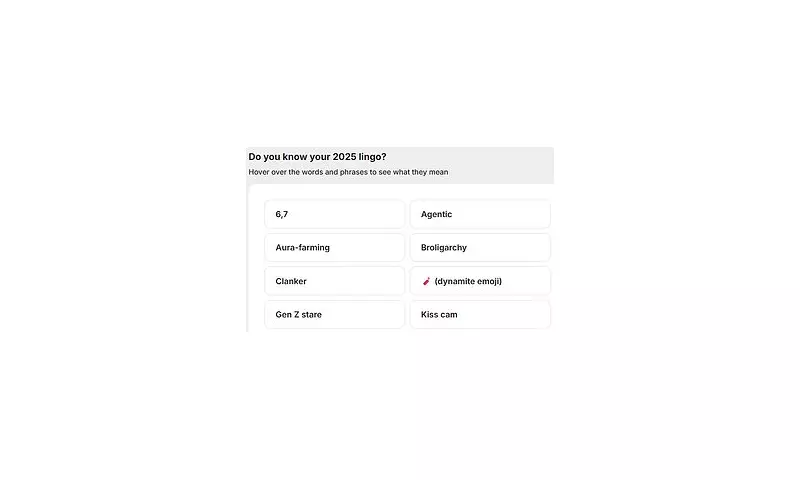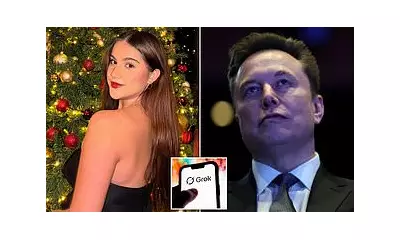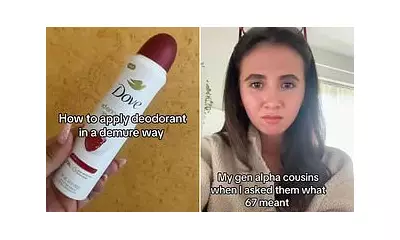
The Language of 2025: Dictionaries Decode Our Digital World
Are you fluent in the latest slang, or has your vocabulary failed to keep pace with the times? The answer might depend on whether you can define the trending terms recently crowned as the official Words of the Year by the UK's leading dictionaries. In a revealing snapshot of our cultural moment, Cambridge Dictionary, Dictionary.com, and Collins Dictionary have all announced their top picks for 2025, highlighting how technology and social media continue to reshape our language.
Cambridge Dictionary's Champion: The Rise of 'Parasocial'
Cambridge Dictionary selected 'parasocial' as its Word of the Year, a term describing a one-sided connection an individual feels with a famous person or even an artificial intelligence they have never met. The dictionary noted a significant surge in lookups for the word, reflecting its move from academic obscurity to mainstream conversation.
Colin McIntosh from Cambridge Dictionary explained that the term perfectly captures the 2025 zeitgeist. 'What was once a specialist academic term has become mainstream,' he said. 'Millions of people are engaged in parasocial relationships; many more are simply intrigued by their rise.' The concept itself isn't new; it dates back to 1956 when sociologists observed television viewers forming these bonds with on-screen personalities.
Cambridge also revealed its two other shortlisted words. 'Pseudonymization' refers to the process of replacing personal data with meaningless identifiers, a term gaining traction amid debates on AI ethics. 'Memeify', a verb meaning to turn something into a meme, was praised for capturing the playful, viral creativity of internet culture.
Collins and Dictionary.com Weigh In
Not to be outdone, Collins Dictionary chose 'vibe-coding' as its Word of the Year. This term describes the emerging practice of using artificial intelligence to assist in writing computer code, turning natural language into functional programming. Popularised by AI expert Andrej Karpathy, it signals a major shift in software development.
In a more enigmatic choice, Dictionary.com selected '67' as its top word. Originating from the song 'Doot Doot (6,7)' by Skrilla, the term has come to mean 'nothing'. Dictionary.com described it as 'meaningless, ubiquitous, and nonsensical', embodying the hallmarks of modern 'brainrot' culture after its dramatic rise in popularity began in the summer of 2025.
Beyond the Winners: Other Words to Watch
Cambridge Dictionary is also monitoring several other terms that are gaining cultural currency. Their 'watch list' includes:
- Glazing: Excessive praise or flattery, especially from AI chatbots.
- Bias: An excessive devotion to a particular singer, band, or media star.
- Vibey: Used to describe a place with a particularly good atmosphere.
- Breathwork: A technique involving the conscious control of breathing.
- Doom spending: The act of spending money you don't have to improve your mood.
Dictionary.com's own list featured 'agentic' for technologies that act autonomously and the 'Gen Z stare', a blank, expressionless look. Notably, the dynamite emoji was highlighted for its new, unexpected meaning as shorthand for the engagement of Taylor Swift and Travis Kelce.
Together, these selections paint a vivid picture of a society navigating complex relationships with technology, celebrity, and the very meaning of communication itself. The words we choose, it seems, tell the story of who we are now.





